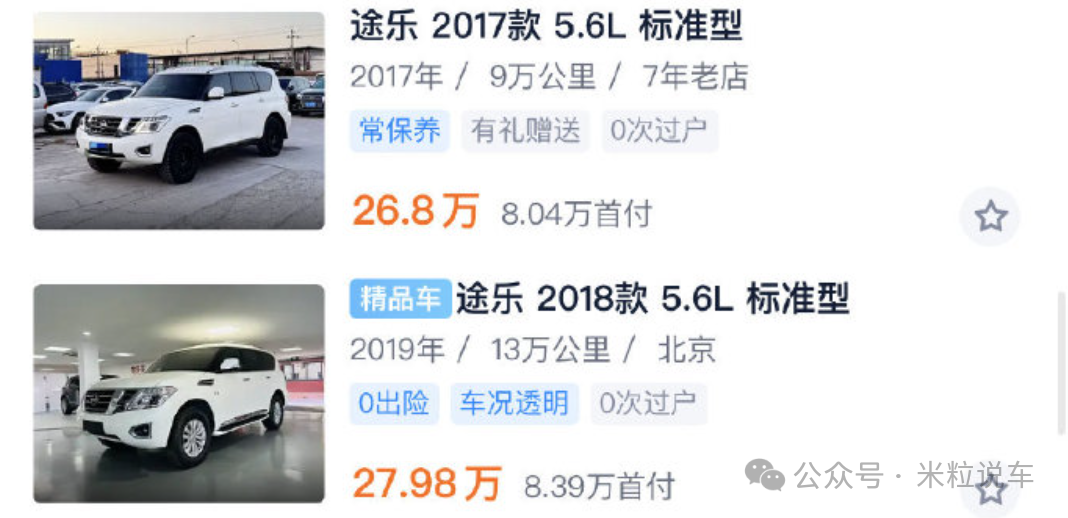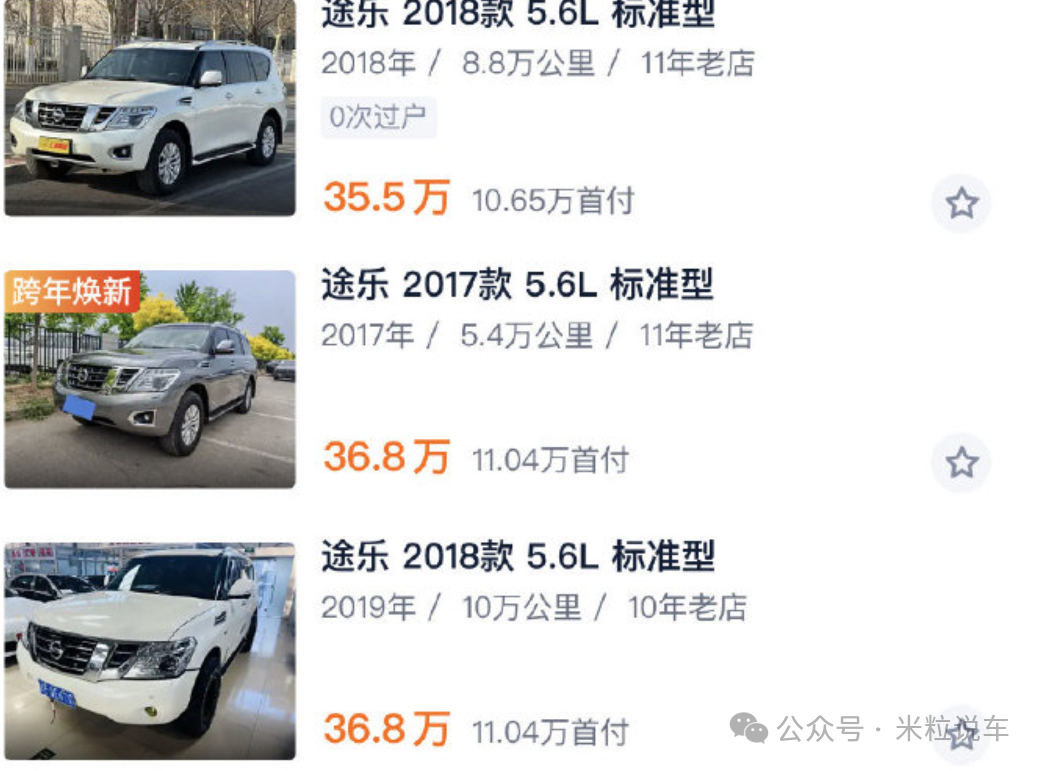The landscape of the automotive industry is undergoing a notable shift, especially within the SUV segment. Historically, Japanese brands like Toyota, Nissan, and Honda have enjoyed widespread popularity, building a reputation for producing reliable and durable vehicles. However, the rise of electric vehicles (EVs) and changing consumer preferences have led to challenges that these brands must navigate to maintain their market share.

In recent years, the Japanese SUV market has been under significant pressure as competition from both traditional rivals and new entrants has intensified. Brands like Tesla and Ford have captured consumer attention with cutting-edge technology and innovative designs, pushing Japanese automakers to rethink their strategies.
First, let’s consider the changing dynamics in consumer preferences. Today’s customers are not only seeking reliable vehicles but also demand vehicles that are technologically advanced and environmentally friendly. This has led to an increase in the popularity of EVs, which has been sluggish in the Japanese market compared to their European and American competitors. According to recent analyses, EV sales in Japan are expected to reach only about 10% of the market by 2025, a stark contrast to more ambitious goals set by other countries.
Many Japanese companies are lagging in their response to this shift. For instance, while Toyota is known for its pioneering work on hybrid technologies with the Prius, it has only recently begun to ramp up its efforts in the fully electric segment. Rivals like Tesla and newer entrants such as Rivian and Lucid Motors are rapidly establishing themselves with innovative branding and next-generation technologies that appeal to today’s tech-savvy consumers.
Furthermore, the SUV segment has become highly competitive, with a plethora of options available to consumers. In 2023, the demand for mid-size and compact SUVs has surged, leading to a notable shift in the market landscape. Japanese brands, once dominant in this category, are now facing a growing challenge from American and European manufacturers, many of whom have significantly improved their offerings in response to consumer feedback.
According to recent reports, the market share of Japanese SUVs fell by nearly 5% compared to the previous year as consumers shifted their focus toward newer models that offer advanced features, enhanced safety protocols, and greater fuel efficiency. Brands like Hyundai and Kia have seen substantial gains as they cater more effectively to these changing consumer needs, thanks to their extensive research and development investments.

Moreover, the economic impact of the COVID-19 pandemic continues to shape consumer behavior. Supply chain disruptions have caused significant delays in vehicle delivery, making potential buyers hesitant to wait for a Japanese SUV amid readily available alternatives from other manufacturers. This pressure has further complicated the challenges faced by Japanese automakers, prompting many to explore alternative strategies to reclaim their market presence.
To address these issues, Japanese automakers must enhance their product offerings while being mindful of both market demands and technological advancements. Investments in electric vehicle technology, hybrid options, and expanding SUV lines with greater customization and features could provide a substantial boost to regain consumer confidence.
Moreover, Toyota and other Japanese manufacturers need to communicate their strengths more effectively to consumers. Emphasizing innovation alongside reliability—qualities that Japanese brands are often celebrated for—can help shift consumer perception and attract buyers who may be swayed by the allure of newer brands.
Furthermore, establishing robust partnerships with tech firms could result in better-integrated technologies within their vehicles, catering to the rising consumer demand for connectivity and advanced infotainment options in the digital age. Enhancing user experience through customizable infotainment systems, advanced safety features, and intelligent driver-assistance technologies can be game-changers in retaining consumer loyalty.
As we look forward, the future of Japanese SUVs will depend on how well these brands adapt to the changing automotive landscape. Enhancing their electric vehicle offerings, investing in marketing strategies, and improving consumer relations will be essential for brands like Toyota to secure their position in this redefined marketplace.

In conclusion, the Japanese automotive industry stands at a crucial juncture—one that will define its trajectory in the mid- to long-term future. The success of iconic Japanese brands like Toyota hinges on their ability to innovate, adapt to changing consumer preferences, and navigate an increasingly competitive landscape. As the market evolves, staying ahead of trends will be crucial in preserving their legacy and enhancing their reputation in the SUV segment.






